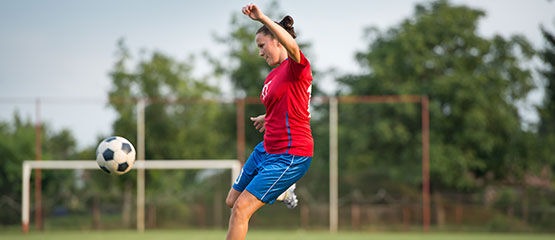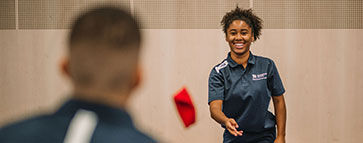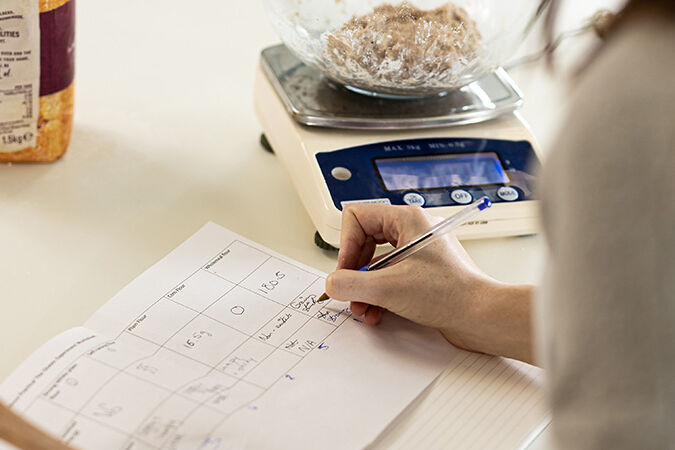We spoke to Jennie Carter, one of sports lecturers, about the importance of hydration and the effects it can have on our bodies. Even if you're not a budding athlete, hydration is important, so here are six things you should know about hydration.
1. We’re made up of more water than you might think!
The human body is approximately 65% water, and it is essential that we keep these levels topped up to keep us feeling fit and well. Water is vital to keeping our bodies functioning: it helps form and transport blood, nutrients and hormones around the body; aids in protecting the body by cushioning our brains and spinal cord; is important for cardio-vascular function; and helps us maintain body temperature by dissipating heat through sweat.
2. Listen to your body
If you're feeling under the weather, dehydration may be a factor. It can cause headaches, nausea, dizziness, and fatigue, and reduce brain function. For athletes, this can be detrimental to their performance, as it can result in decreased physical performance and endurance, poorer movement control and co-ordination, and slower reaction times. So, this is something to be mindful of if you're training for a big event such as the Birmingham 10K or a marathon.
3. Colour is important!
A good way to keep an eye on how hydrated your body is, is to look at the colour of your urine (sorry but its true!). The paler your urine is, the better hydrated you are. So, even if you don’t feel any of the symptoms of dehydration, this is a good indicator to use to you help you reduce the effects, and keep you in tip top condition.

4. How much should we drink?
An average person (with a sedentary lifestyle) should aim to drink at least two litres of fluid a day, but this should be increased if you are more active, especially if you are exercising or training regularly, as you'll lose more fluid through sweat. Athletes fluid requirements will vary according to a variety of factors but athletes should consume 200ml of fluid every 20 minutes on average as a guide.
5. Water has many forms
If you're not a fan of drinking water, milk is a great alternative. Not only does it contain fluids, but also electrolytes which can help give your body a boost. If you're looking for something to drink during exercise, try a sports drink such as Lucozade Sport, as this will give you fluids, electrolytes and carbohydrates which are good for energy. You can increase your fluid intake through certain foods too – fruit and veg are good for this, particular things such as melon and cucumber.
6. Training tips for good hydration
-
If you do exercise regularly, make sure you keep yourself well hydrated, both before and afterwards.
-
It’s said you should consume 1.5 times the body weight you lose during exercise, so remember to rehydrate and refuel to help your recovery.
-
If you are doing a big run (or other types of exercise) don’t start a new regime the day before or on the day of the event – make sure these changes are made earlier in your training.
-
Keep an eye on your urine – and drink more fluid if you need to.







